Folk Religion in the Balkans
 Folk Religion in the Balkans (The British Academy Research Project)
Folk Religion in the Balkans (The British Academy Research Project)
The Royal Anthropological Institute of Great Britain and Ireland, London
Folk Religion in the Balkans
The British Academy Research Project
After the Second World War anthropological study of popular faith in Eastern Europe was seriously neglected for some fifty years for political and ideological reasons. The aim of the present project is to rectify this situation regarding the popular dimensions of the three monotheistic religions (Judaism, Christianity and Islam) in the Balkans. The idea of this project sprang from the results of my own fieldwork. Before my arrival in London in 1994 (as a British Council Lector in Bulgarian Studies at the University of London), I had been engaged in anthropological research on various dimensions of traditional verbal and performing arts in Eastern Europe for twenty years. My analysis has been focused upon the socio-political and cultural context of various religious phenomena with special regard to inter-ethnic and inter-confessional relations. I have conducted field research among both Christian and Muslim communities, including Pomaks (Slavonic-speaking converts to Islam) in the Balkans.
This project will present some fundamental religious myths and confessional stereotypes of Christianity, Judaism and Islam in the socio-political framework of the Balkans. At the same time, it will interpret the correlation between popular beliefs and religions of the Book (Judaism, Christianity and Islam) based upon the results of anthropological field-research amongst different ethnic and religious communities in the region. The projected book will draw upon the analysis of major religious symbols and themes of the three monotheistic religions and upon the traditional Slavonic and Balkan cultural milieu. Events in the Balkans have led to a widespread emphasis on the differences and conflicts between the three confessions. My work demonstrates the ways in which confessional traditions not only drew upon the same sources, but also had mutual influences. It is difficult to see clear boundaries between them when considered from the perspective of folk tradition. Although they radically diverge at the explicit level, at the implicit level they often converge. However, my work will not aim to describe the religious and cultural background of ethnic and national conflicts in the Balkans. Rather, it will be about the encounter of three religious patterns -- Christian, Judaic and Islamic -- and about the potential power of their "conciliation" at the popular level. In this, my emphasis will not be on the contradictions between various patterns of religious (and/or ethnic) identity, but on the manifestation of a certain cultural integrity. The other principle of this work is to show that oral tradition (as embodied in visual and performing arts) was a universal source of ritual and narrative religious paradigms. Moreover, oral tradition shows the same typology as narrative accounts in the Bible and of the Koran. It also influenced iconographic tradition, and vice versa. The project will argue that the orally performed/transmitted versions of the Bible, midrashim and/or the Koran not only reflect centuries-old traditions, but also suggest a reversion to the original form of the Holy Scriptures as a sacred oral message in chant, song, verse and narrative.
The projected book will be supplemented with illustrative materials from illuminated manuscripts, pictures of icons, woodcarvings, mosaics and frescoes, as well as folk and religious art. It will also include an appendix of unpublished texts recorded by me from my field research in the Balkans, as well as unpublished texts from the archives of the Bulgarian Academy of Sciences, Institute of Folklore.
Folk Religion in the Balkans is designed to be useful to specialists in cultural anthropology and religious studies as well as scholars studying the beliefs, values and general culture of rural communities in the Balkans. The book will present the voices of ordinary people in the Balkans speaking not only about the Bible and Koran but also about their own lives.
The enclosed files show results of my research on some biblical themes in Christian iconography in Bulgaria. Further it will be argued that the "language" of iconographic tradition and the "language" of oral tradition represent two (among a cluster of many other) modes of existence of Holy Scriptures. They also show how "Religions of the Book" can function even in a context in which there is no material body of the Holy Book (be it the Bible or the Koran) as such – which was the case during the period of Communism -- but can still be "seen" depicted in visual arts and "heard" as a folk song or a tale.
 Bulgarian National Library Sofia
Bulgarian National Library Sofia
 top
top
